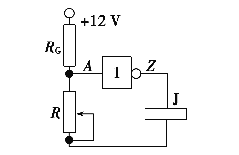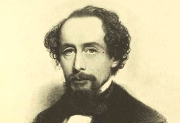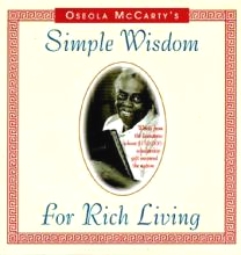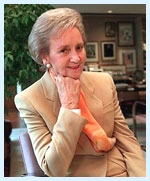Ő‚ńŅńŕ»›
°ĺŐ‚ńŅ°Ņń≥Õ¨—ß…Ťľ∆Ńň“ĽłŲ¬∑Ķ∆◊‘∂ĮŅō÷∆√ŇĶÁ¬∑£¨»ÁÕľňý ĺ£¨ŐžļŕŃň£¨»√¬∑Ķ∆◊‘∂ĮĹ”Õ®£¨ŐžŃŃŃň£¨»√¬∑Ķ∆◊‘∂ĮŌ®√ū°£Õľ÷–RG «“ĽłŲĻ‚√ŰĶÁ◊Ť£¨ĶĪ”–Ļ‚’’…š Ī£¨Ļ‚√ŰĶÁ◊ŤĶń◊Ť÷ĶĽŠŌ‘÷ÝĶōľű–°£¨R «Ņ…ĶųĶÁ◊Ť£¨∆ū∑÷—Ļ◊ų”√°£Jő™¬∑Ķ∆◊‹Ņ™Ļō°™°™Ņō÷∆ľŐĶÁ∆ų£®Õľ÷–őīĽ≠¬∑Ķ∆ĶÁ¬∑£©°£Ļō”ŕīňĶÁ¬∑£¨Ō¬Ń–ňĶ∑®’ż»∑Ķń «£®£©

A£ģŐžļŕ Ī£¨RG‘Ųīů£¨Aő™łŖĶÁőĽ£¨Ző™ĶÕĶÁőĽ£¨J Ļ¬∑Ķ∆ŃŃ
B£ģŐžļŕ Ī£¨RG‘Ųīů£¨Aő™ĶÕĶÁőĽ£¨Ző™łŖĶÁőĽ£¨J Ļ¬∑Ķ∆ŃŃ
C£ģRĶųīů Ī£¨įÝÕŪ¬∑Ķ∆ŃŃĶ√‘Á“Ľ–©
D£ģRĶųīů Ī£¨įÝÕŪ¬∑Ķ∆ŃŃĶ√ÕŪ“Ľ–©
°ĺīūįł°ŅBD
°ĺĹ‚őŲ°ŅĶĪĻ‚’’Īš»ű ĪĻ‚√ŰĶÁ◊ŤRGĶń◊Ť÷ĶĪšīů£¨∑÷Ķ£ĶńĶÁ—Ļīů£¨‘Ú√ŇĶÁ¬∑ĽŮĶ√ĶńĶÁ ∆ĶÕ£¨∑«√ŇĶÁ¬∑ š»Ž∂ňĶÁ—ĻĪš–°£¨ľŐĶÁ∆ųĶ√ĶĹĶńĶÁ—ĻĪšłŖ£¨¬∑Ķ∆ĪĽĶ„ŃŃ£¨ňý“‘B∂‘£¨AīŪ£Ľ‘ŕŌŗÕ¨ĶńĻ‚’’«ťŅŲŌ¬£¨»ŰĶÁ◊ŤR‘Ųīů£¨ ĻĶ√RĶń∑÷Ķ√ĶÁ—ĻĪšīů£¨ Ļ∑«√ŇĶÁ¬∑Ķń š»Ž∂ňĶÁ—ĻĪšīů£¨ľŐĶÁ∆ųĶ√ĶĹĶńĶÁ—Ļ∆ęĶÕ£¨¬∑Ķ∆≤ĽĪĽĶ„ŃŃ°£÷Ľ”–Őž∆ÝłŁįĶ Ī£¨łŁÕŪ“Ľ–©£¨Őž…곣įĶ Ī£¨Ļ‚√ŰĶÁ◊ŤłŁīů“Ľ–©£¨√ŇĶÁ¬∑ĽŮĶ√ĶńĶÁ ∆ĶÕ£¨∑«√ŇĶÁ¬∑ š»Ž∂ňĶÁ—ĻĪš–°£¨ľŐĶÁ∆ųĶ√ĶĹĶńĶÁ—ĻĪšłŖ£¨¬∑Ķ∆ĪĽĶ„ŃŃ£¨Ļ CīŪőů£¨D’ż»∑°£






